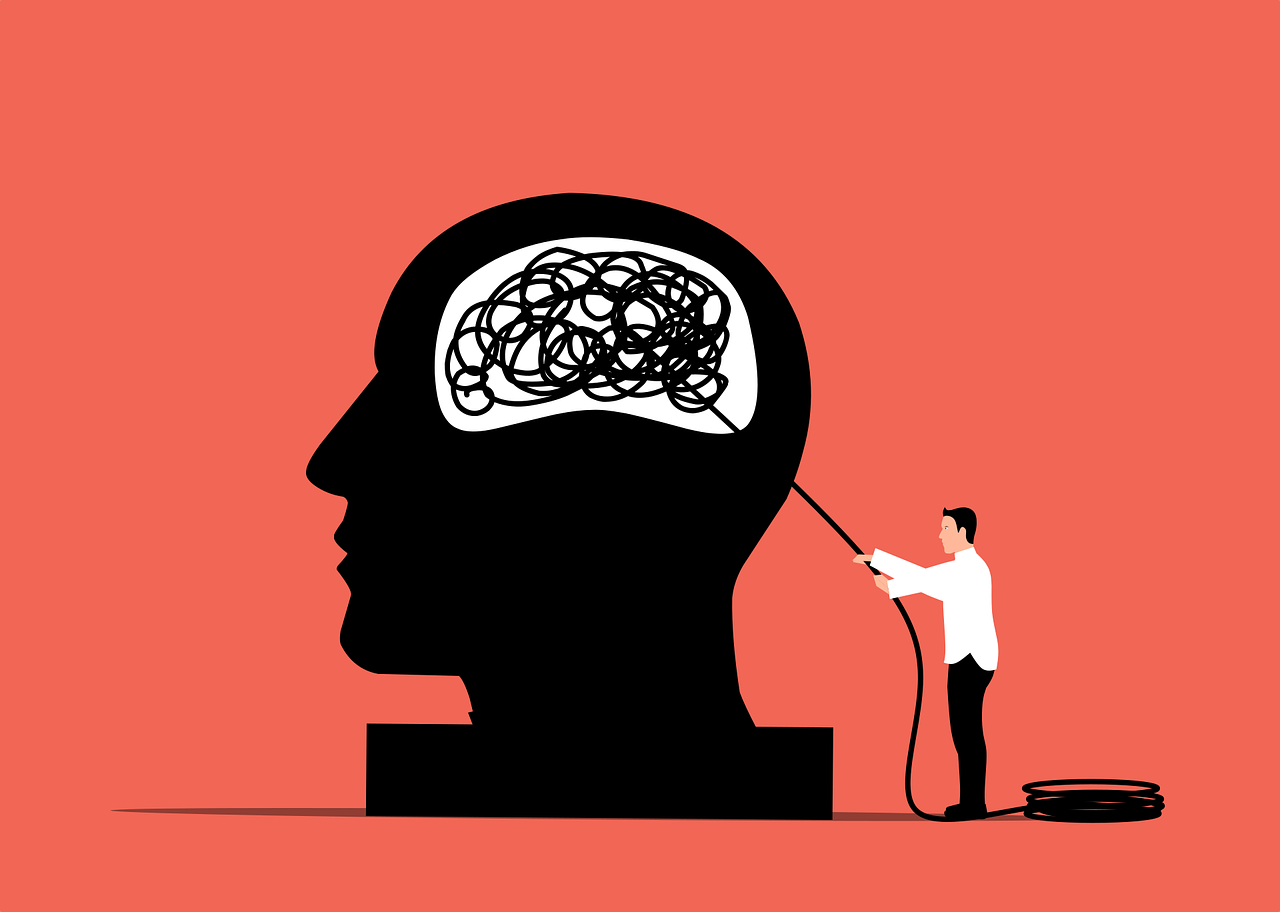
Diabetes, Christmas, and alcohol
There is usually an abundance of alcohol during Christmas celebrations, and everyone should be wary not to drink to excess. If you have diabetes, you can usually enjoy drinking in moderation; however, you need to be extra cautious.

Managing a hypo
When your blood glucose level drops drops quickly and below a safe level, this is called hypoglycaemia, or a ‘hypo’ for short. A hypo can be a scary thing for you to go through, but it can be managed effectively.

Fibre: The Carb That Helps You Manage Diabetes
We all need fibre to keep our internal plumbing humming like a fine-tuned engine. But most UK adults only get about half the fibre they need each day. Fibre is a type of carbohydrate found mainly in fruits, vegetables, whole grains, and legumes. It helps keep you regular, but it offers many other health benefits as well, especially for people with diabetes or pre-diabetes.

High Fibre Foods You Should Eat
Fibre is incredibly important. Certain types of fibre may promote weight loss, lower blood sugar levels, and fight constipation. Unfortunately, most Brits only consume about 18g of fibre a day. When in fact, we should be eating a minimum of 30g a day. Fortunately, increasing your fibre intake is relatively easy — simply integrate high fibre foods into your diet.

Triggers of blood sugar spikes
People with diabetes have to be especially careful about keeping their blood sugar levels under control and avoiding spikes in blood sugar. Various triggers can contribute to these spikes.

What Causes Blood Sugar to Rise in Non-Diabetics?
High blood sugar, also called hyperglycemia, occurs when there is too much glucose in the blood. High blood sugar is the primary symptom that underlies diabetes, but it can also occur in people who don’t have type 1 or type 2 diabetes, either because of stress or trauma, or gradually as a result of certain chronic conditions.

Keeping on track to feeling healthy.
Maybe you want to turn a hobby into something more. Or maybe you have a creative project to share with the world. Whatever it is, the way you tell your story online can make all the difference.

How have our food habits changed in 70 years?
Since the 1950’s we have moved from a fairly dismal diet, reliant on potatoes and without any of the exotic ingredients we take for granted. By 2020’s we have more choice than you can shake a chopstick at. We’re also facing an obesity epidemic that would be inconceivable to an average 1950s family.

The supplement that can help with brain fog
If you’re battling brain fog and struggling to concentrate at work, or simply feel flat-out exhausted, the chances are you’ll reach for a caffeine fix or sugary snack. But before you do, consider this: it could be time to reach for a lesser known, healthier pick-me-up. Vitamin B12 is an often-overlooked vitamin which is essential to keep our brains sharp and our nervous system firing on all cylinders. It is also key to healthy blood cell formation.

Can Diabetes Cause Brain Fog?
Brain fog with diabetes can have a tremendous impact on your outlook and interfere with the quality of your life. Memory problems, mood swings, and decreased concentration can make it hard to stay positive. However, brain fog is usually reversible with the right treatment.

Why your most important relationship is with your inner voice
Ethan Kross, an American experimental psychologist and neuroscientist, runs the ‘Emotion and Self Control Lab’ at Michigan University, an institution he founded that studies the silent conversations people have with themselves: internal dialogues that powerfully influence how they live their lives.

Toxic positivity. What is it?
Toxic positivity is the idea that we should hide or deny the negative feelings we encounter. It’s when we have a tendency to dismiss our true emotional responses that we consider to be negative or “bad”, through the application of reassuring phrases like “look on the bright side!” or “It could be a lot worse!”. This is often accompanied by the assumption that the negative emotions we feel are not useful or necessary.

5 ways to support a loved one with health anxiety
Practical tips for being there when someone is struggling with obsessive and often irrational worry around their health.

5 symptoms of anxiety that no one talks about
Understanding the symptoms of anxiety to watch out for can help you to address the root cause sooner. Here, we are sharing five warning signs of angst that people often aren’t aware of.

The dopamine effect
The concepts of pleasure and happiness have become confused. Pleasure is all about the phenomenon of reward. This can be achieved through things like impulsive shopping, sex, or outright substance abuse. On the other hand, happiness is a state of general contentment that requires little in the way of a trigger.

Self-compassion: How to silence your inner bully
We all have an internal voice, the voice inside our mind that shapes our thoughts and how we see ourselves. For some that voice speaks kindness, encouragement and pride at who we are and what we have accomplished but, for many of us, that voice can be negative, critical, judgemental, harsh and well, a bully!

Sensible ways to change your body weight set-point.
Your body weight set point is the number on the weighing scale your weight normally hovers around, give or take a few pounds. The way your set point weight is established involves many factors and is highly individual. Experts believe your environment, genetics and preferences all play a part. To some extent, the set point is simply what weight your body has gotten used to and feels safe at.

The stark reality of obesity on our doorstep
Across Europe, 59% of adults are overweight or obese as well as 8% of children under five and one in three children of school age. Obesity prevalence in Europe is higher than in any other part of the world except the Americas, according to the report presented at the European Congress on Obesity.

5 Ways to Stay Active to Manage Type 2 Diabetes — Without the Gym
Physical activity is key to helping manage blood sugar levels whilst living with diabetes. It also helps maintain or improve good sleep patterns and keep stress levels under control. But that doesn’t mean you have to make the effort to join a gym. Here are five ways to get exercise without a pricey gym membership.

Why ‘exercise snacking’ can extend your life
How much exercise do you think you need – and how much do you actually do? Despite extreme exercise trends that include ultra-marathons and spending thousands of pounds on expensive home gym equipment, the buoyant findings from researchers is that just 10 minutes a day can add almost two years to our lives.
